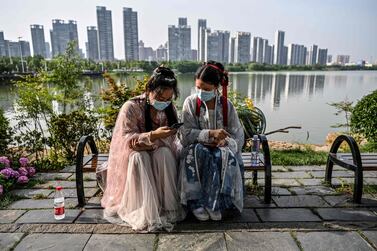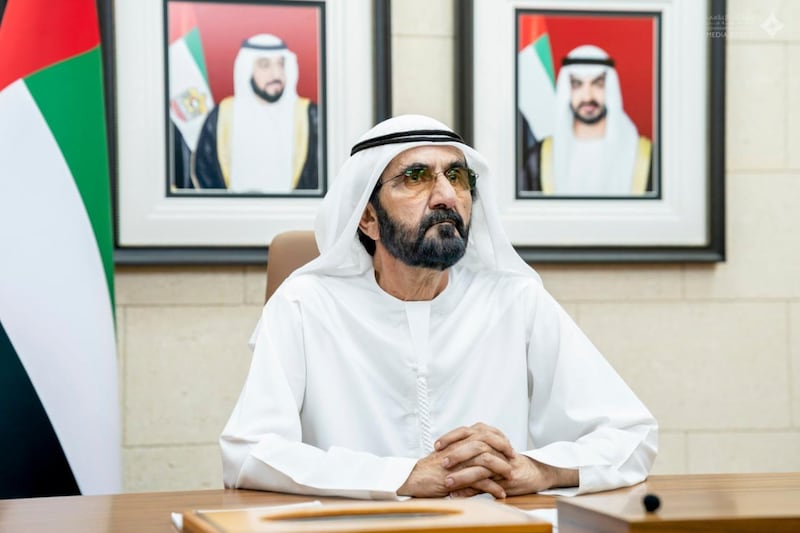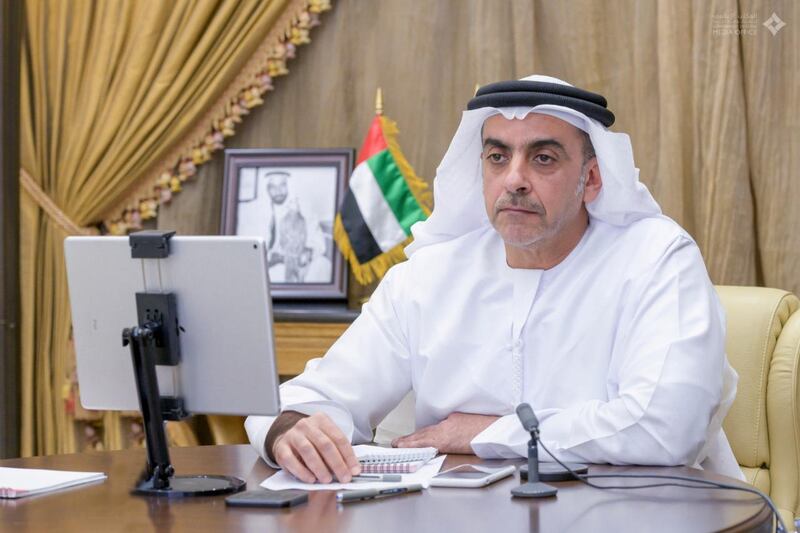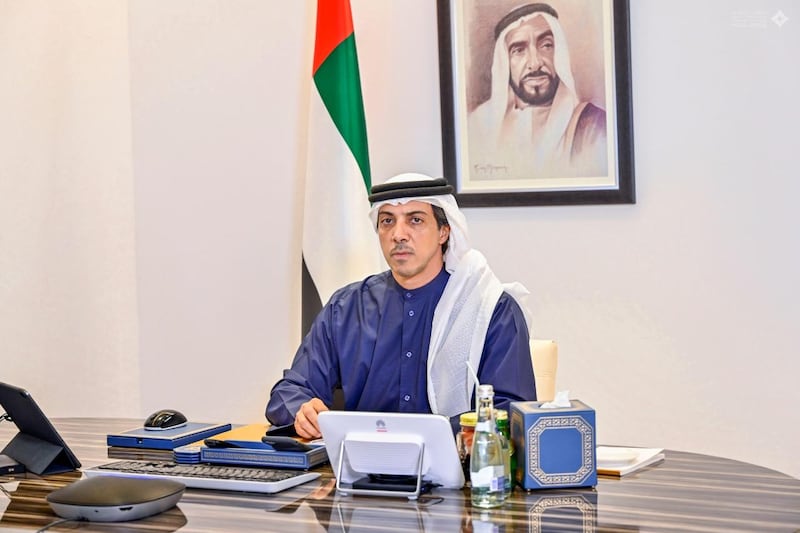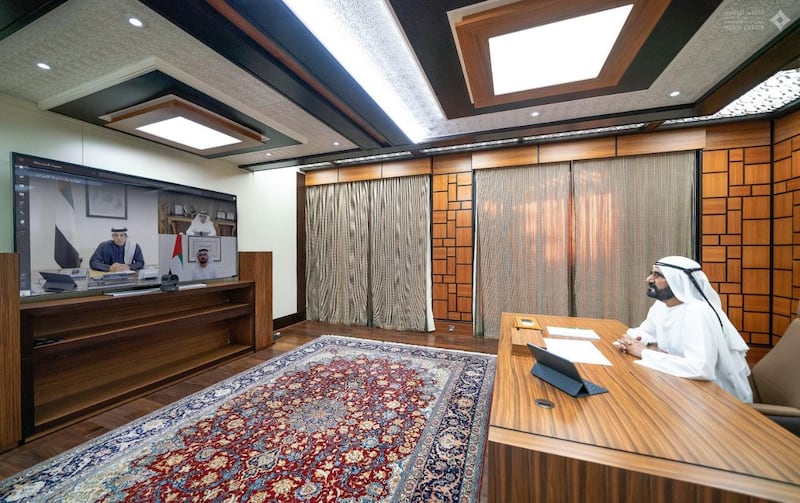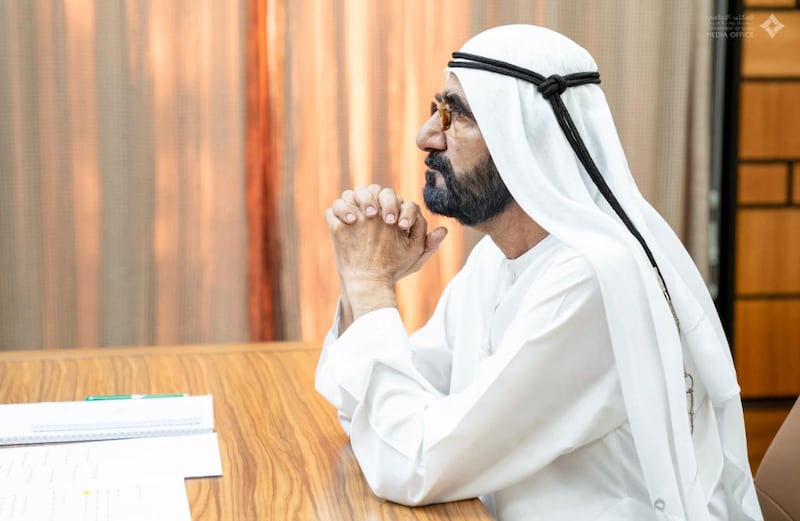UAE residents must manage their money better while some sectors of the global economy could be decimated in a post-coronavirus world, a Cabinet minister said.
Mohammed Al Gergawi, Minister for Cabinet Affairs and the Future, said nothing could be taken for granted once the pandemic was brought under control.
He questioned whether 12 years of primary and secondary school and four years of university would continue to make sense, as countries look at manage resources better.
Speaking after the second day of a three-day summit of top officials, he likened life after coronavirus to the end of a world war.
"Today, I think there is a great opportunity to change the culture of society and accelerate the transition towards a culture that suits the new situations," he said.
"We have extravagant costs of living and luxuries, and we need a plan to create a new culture for our society, which enables us after this crisis to have a youth and new generations with a strong financial culture."
Mr Al Gergawi went on to suggest that how education was taught at present may need to be reexamined.
"Do we need 12 years of schooling in the current era, given that the amount of knowledge that a pupil acquires in one year is much higher than it was decades ago?," he said.
"And does a person need four years of university studies, in an era in which one year’s knowledge is equivalent?”
Earlier, Sheikh Mohammed bin Rashid, Vice President and Ruler of Dubai, spoke of the need to protect public health, the economy and the UAE's way of life in an online meeting to develop the nation's post Covid-19 strategy.
Mr Al Gergawi repeatedly stressed that many people in society had a weak grasp of finance and appropriate spending.
"Do we have financial literacy curricula? We must think differently to benefit our society and ensure a better future for our generations," he said.
The UAE government has reflected on three main areas of change in recent months, and looked at how they will have a bearing on the future.
The first was how the outbreak had rapidly brought forward many "future solutions" and made home working, distance learning and flexible government a reality within weeks.
The second was recognising that what the world was going through was effectively a "third world war" and that afterwards many countries would "turn increasingly inward in terms of manufacturing and food security".
He said some economic sectors would be "decimated while others will emerge".
The third was that the crisis provided a great opportunity to ensure government was flexible, could use financial resources effectively and was able to focus on varied priorities to ensure a decent life for its people.
In addition, the government had its own three-fold plan, he said.
One included ensuring people will learn new skills, abandon traditional ways of working and that the government had a new model to fit the "different reality".
The second was to reopen and revitalise the economy and activate vital sectors such as tourism, industry, exports, financial markets, banks and retail.
Tourism plays a major part in the UAE's economy. It was worth Dh68.5 billion ($18.7 billion) or 5 per cent of GDP, a major study in 2016 showed.
It also directly and indirectly accounted for more than 10 per cent of all jobs - about 620,000 people at the time.
“The third file on the government's agenda is to direct human resources to the entrepreneurial sector such as the technical sector, modern agricultural technologies, distance education and distance education tools - and to train thousands of young men and women in the medical sector, which the pandemic has shown the importance of in achieving economic stability for countries," said Mr Al Gergawi

